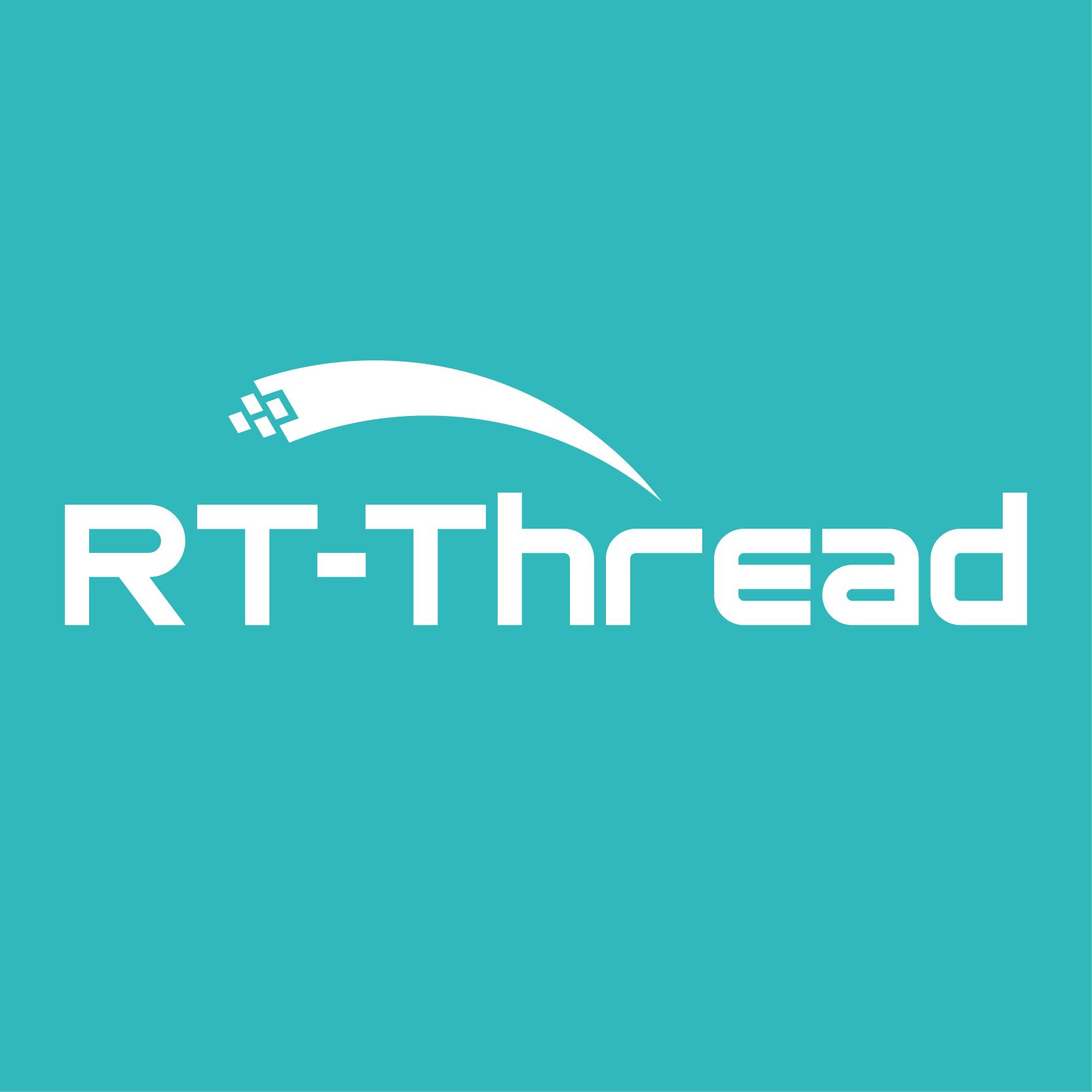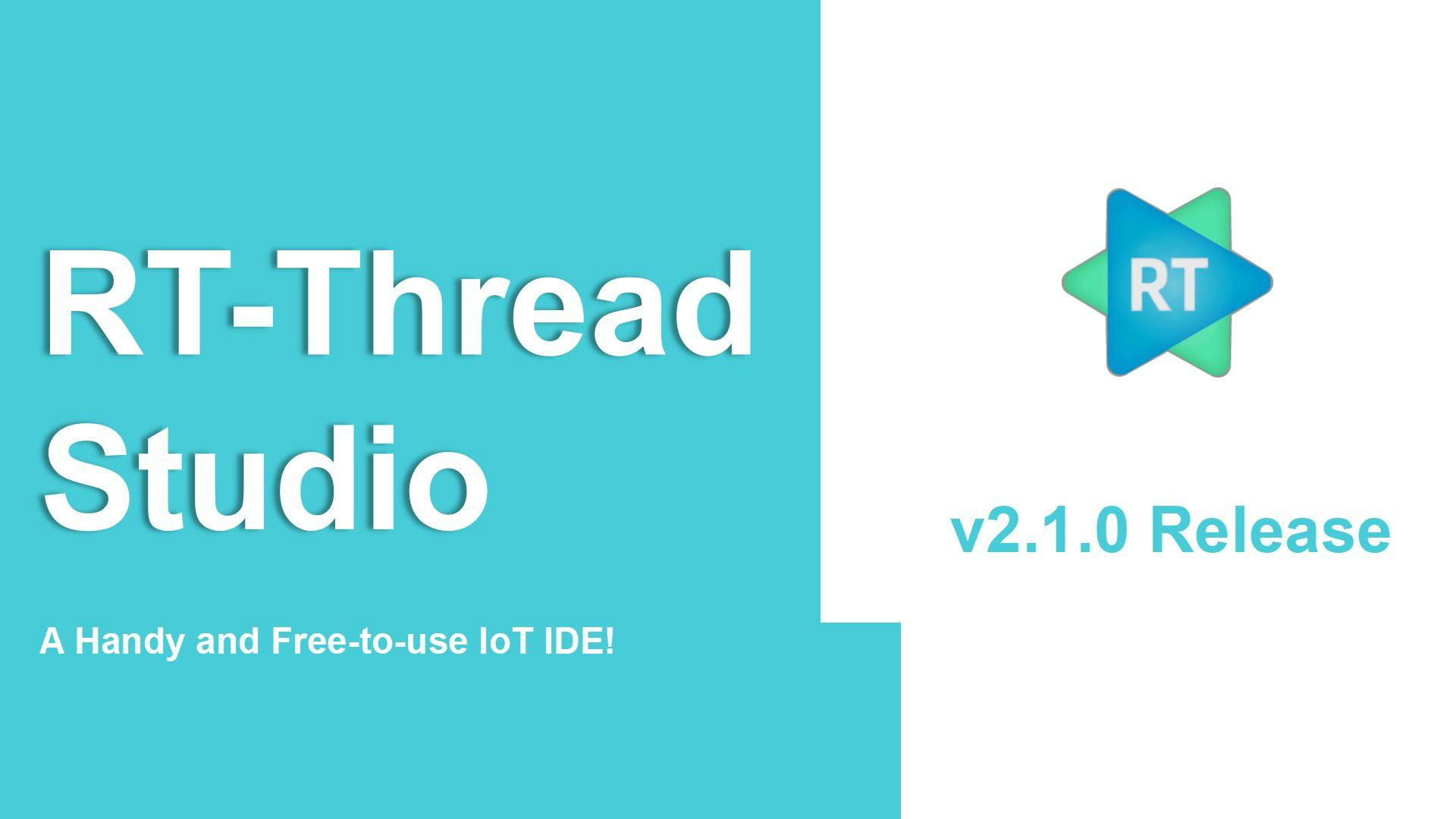RT-Thread Studio IoT IDE v2.1.0 Update: Fresh Boards, NXP, and MicroChip
by
April 1st, 2021

An Open-Source Community-Powered Internet of Things Operating System Project!
About Author
An Open-Source Community-Powered Internet of Things Operating System Project!
